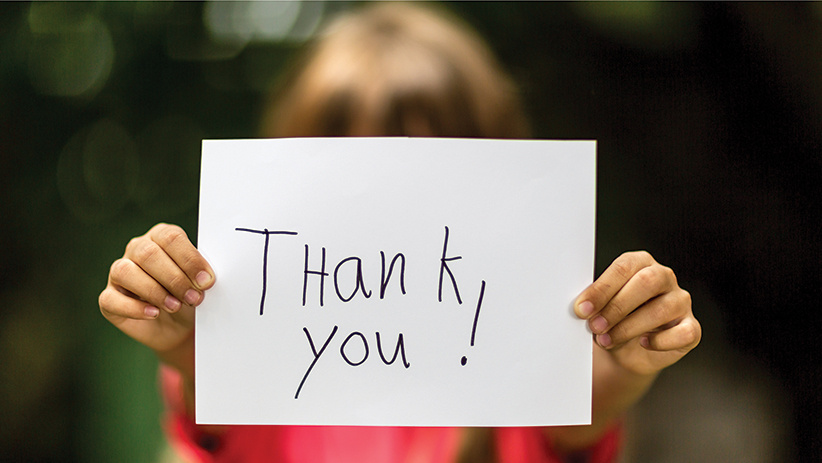Psychotherapist Dina Glouberman was flourishing in her career at age 44 when her mind ground to a sudden halt and she struggled to get out of bed. It was 1989, and Glouberman was experiencing signs of burnout that eventually took seven years to recover from, as she recently told theDaily Mail.
Statistics show that about a quarter of Americans struggle with mental health issues, and a 2017 study revealed that over half of Americans face high stress levels and experience regular feelings of being overwhelmed.
“Burnout can come along with depression, cynicism, emotional deadness and a deep exhaustion that isn’t alleviated by sleep,” Sally Williams writes. At the time, the term “burnout” did not yet exist, but Glouberman’s sudden symptoms echo today’s burnout epidemic.
In a study conducted by the American Psychological Association last year, researchers found that negative life events and job demands had “a significant joint effect on both exhaustion and cynicism,” but only among women. They explain that this discovery is representative of the “double burden” that women face when it comes to the dual pressures of career and family.
Glouberman is only one of the increasing number of career women who suffer a devastating burnout. “You really can’t do all the things you associate with being you,” she told the Daily Mail. “People who burn out are often high energy, high givers, high achievers, and all of a sudden they can’t do anything. [Burnout happens] when your life has lost meaning within the structures you have committed to.” In a culture that enforces demanding work schedules and tells us that exhaustion is the price we must pay for success, our energy and stamina can get lost amongst the standards for perfection and the pressure to do it all.
Glouberman is 72 today, and the now-happy lecturer and author has written two books about the stress epidemic and her personal journey in beating burnout: The Joy of Burnout in 2002 and her most recent work, Into The Woods And Out Again: A Memoir Of Love, Madness And Transformation. These days, she says she still experiences symptoms of burnout on occasion, but after seeking help from a homeopathic doctor and adjusting her work and life habits, Glouberman believes her experience with burn out was a “gift” that required her to step into her authentic self. “It saved my life,” she says.
From: Thrive Global



